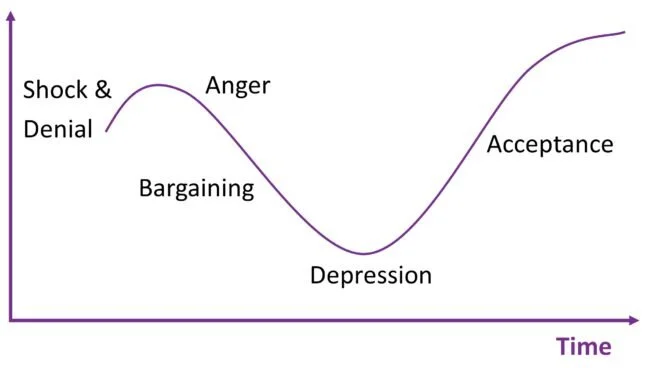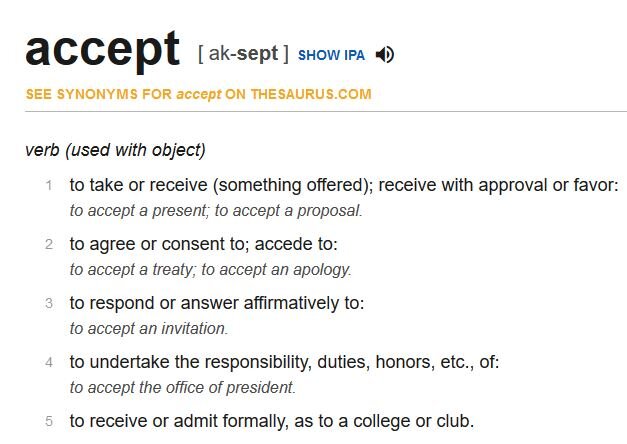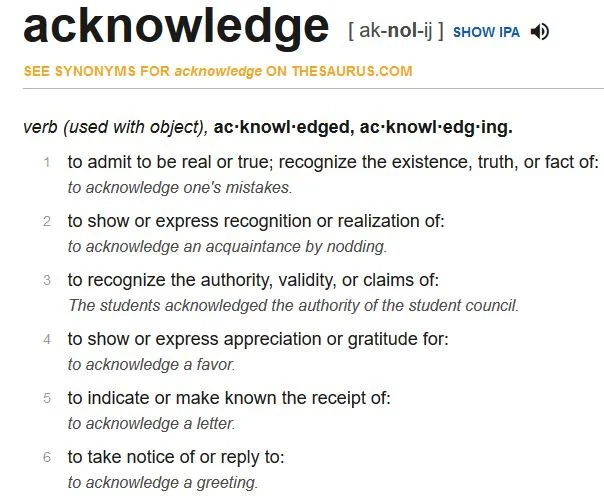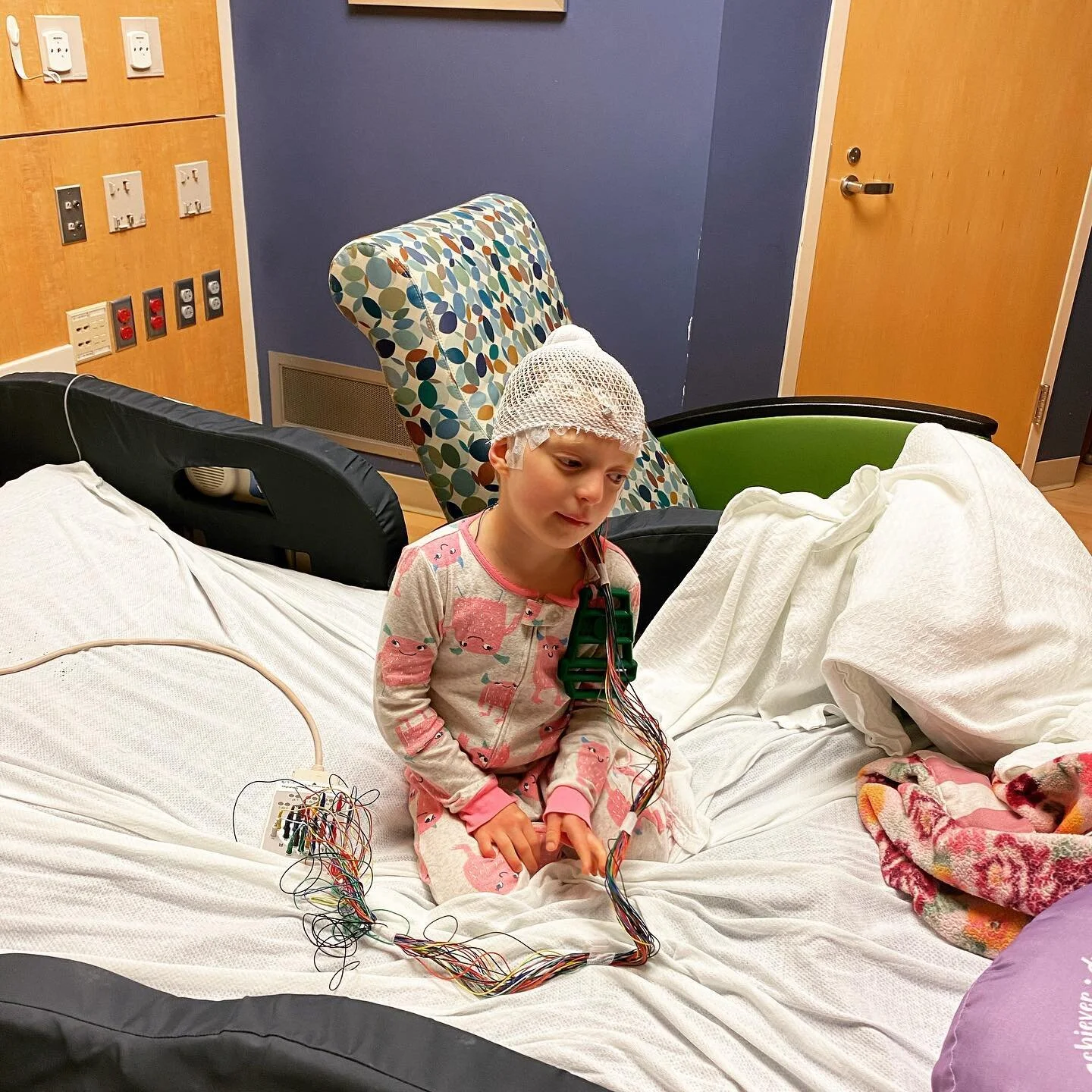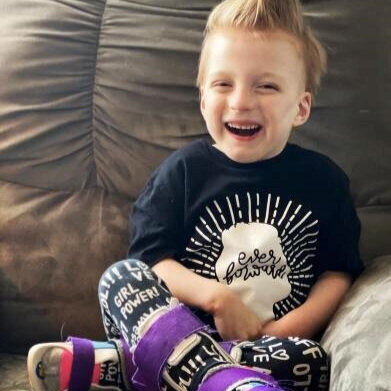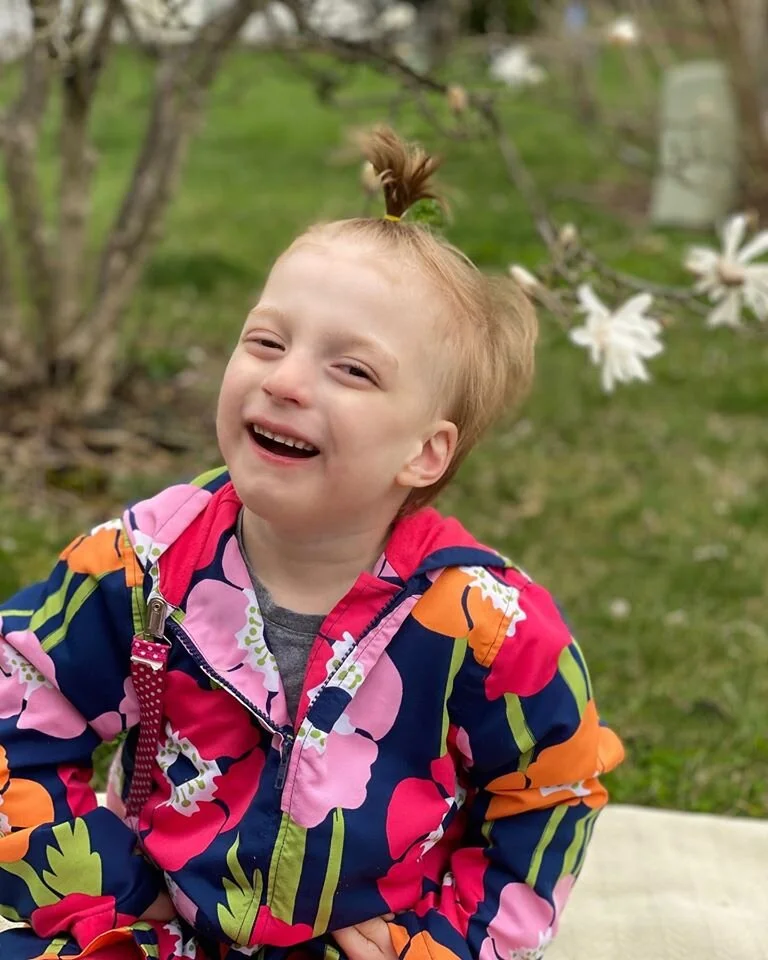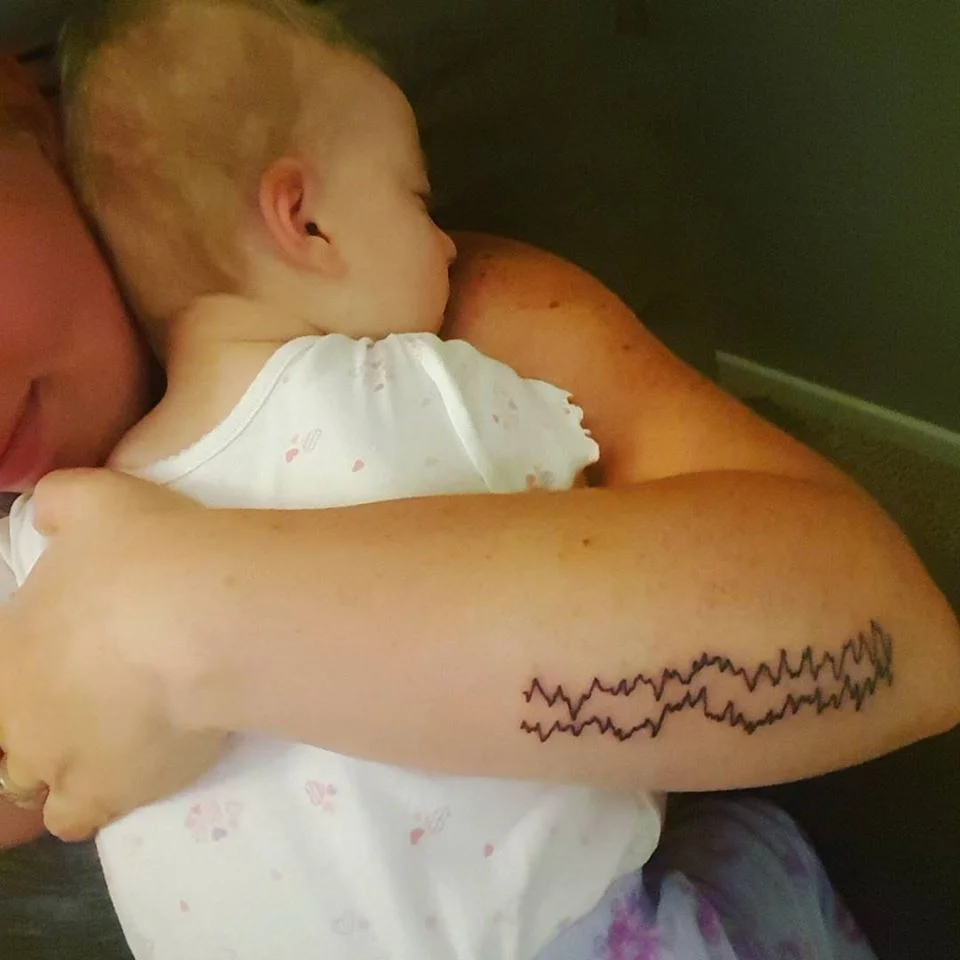Dear Dr. Kübler-Ross
By Guest Blogger, Brittany Gummere
Dear Dr. Kübler-Ross,
I, ma’am, have a bone to pick with you. You are the woman behind the “Grief Cycle”, the five stages of grief: Denial, Anger, Depression, Bargaining, Acceptance. Though your model has evolved over the years from a linear concept to a more circular, cyclical concept, I believe there is still growth to be had.
You and many of your colleagues are sure to disclaim that grief is messy, but throughout your years of expertise and research, you have narrowed it down to five broad stages.
I have experienced grief in excess throughout my entire life: unfortunately, loss has been a constant theme, and because of that, grief is a consistent companion. I am familiar with denial, anger, depression, and bargaining. I know them well.
However, the one stage that I can adamantly say I’ve never, ever experienced and never, ever will, is acceptance.
Acceptance, by definition, means:
The key word there, to me, is “consent.” In order to accept something, one must consent to receive it.
Not one person I’ve met has ever consented to losing the thing, person, experience, life, ability that they’re grieving. The whole point of loss is that whatever or whoever that was lost is gone, forever.
I liken it to the physical example of someone losing an arm. Their loss is physical and life-altering. They would be expected to go through the stages of grief: denial, anger, bargaining, depression – but acceptance, would be the equivalent of that person saying (outside of extenuating medical situations), “Oh wow, I am so glad that I do not have my arm. Bye bye, arm! Cue the fireworks!”
Acceptance, to me, would mean being glad of their loss. Welcoming of it.
I think of my own losses, and I am not one bit accepting of them. I did not consent to one part of my daughter’s life. I did not want it, I did not dream it, I do not welcome it, I will never accept it.
I think of my friends who have lost their children: they did not want it, they did not dream it, they did not welcome it – by definition, they will never accept it.
My friends who have sustained life-altering injuries did not want it, they did not dream it, they did not welcome it. They, by definition, will not accept it.
Every person I have ever met in my entire life has had to grieve something. Every single person on this earth will grieve in their lifetimes. They will experience a loss that they did not want, did not dream, and did not welcome – so, by definition: they cannot accept their loss.
And how dare we ask them to.
To ask us to accept that losses happen is to tell someone who has lost an arm that their loss shouldn’t matter because they got a prosthetic or that they adjusted and are thriving or are “moving past” their loss. They are still missing an arm. They’re missing a part of their body – it’s evident to anyone they come across, but most especially, evident to them every single day.
The same thing with our non-physical losses.
Does my daughter have the highest quality of life I can give her? Yes.
Is she happy and contented and safe? Absolutely.
Am I a badass warrior mom who will move mountains to get her anything she needs? You know it.
Do I get unbearably sad? Yes.
Do I accept her lot in life? Absolutely not.
Do my friends who have lost children still function and thrive and care for their loved ones? Yes. Do they find joy and enrichment and purpose? Absolutely.
Do they accept the loss of their children? Do they welcome it? Absolutely not.
So, I propose a change. Instead of acceptance, how about acknowledgement?
When we acknowledge our loss – we recognize it. We take in all that our loss means – we are cognizant of ways that it changed us. We validate the sorrow we feel, we notice it, sit with it.
We acknowledge that not once would we have ever wanted or desired or consented to lose the thing we lost… and that the grief we feel is real and valid and necessary.
The acknowledgement of loss gives the power back to the person in grief.
They’re no longer feeling the pressure of having to accept what was so forcefully and woefully stolen from them.
They don’t have to slap a smiley face sticker on something, or cue the fireworks, or to be expected to act like they have both arms.
They don’t have to shove their grief and loss down into a deep pocket only to come out on rainy evenings or anniversaries.
They acknowledge that their loss and their grief is a part of them, and that that is okay.
Acceptance is a mockery of the strength of the human spirit. We live and we thrive and we continue to love on - not out of acceptance and welcoming of whatever loss we endured – but out of acknowledging that it is a privilege to love something and someone deeply enough to grieve.
We move forward with that loss as a part of us. What we loved and lost mattered then and matters now and forever.
So don’t tell me to accept a loss and move on.
Acknowledge my loss with me and for me, and come along side me to help me bear the heavy burden.
We’d help anyone without an arm move their couch without a second thought. They’ve lost their arm, couches are heavy, and I’ve got the strength to give them. Why wouldn’t we do the same for those who have lost anything else?
You’ve lost something important to you, life is heavy, and I’ve got some strength to spare.
Shout out to my counselor, who let me rail against the grief cycle for a good long while.
And also shout out to Dr. Kübler-Ross –
I know you’ve passed on, and that you knew the grief cycle
wasn’t meant to be the end all be all of human capacity to grieve.
Your name was on the infographic and in the textbooks,
so I went with it.
Also, you go girl! I definitely had written “sir.”
Thanks for making me challenge my gender bias!

